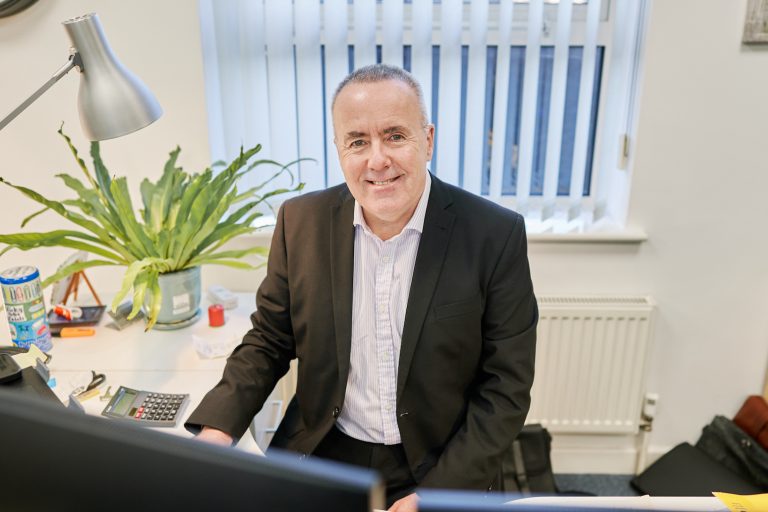2023 Business Predictions: Joshua Toon, director at Armsons Barlow
Further four buildings to be delivered at Markham Vale
WestBridge Group completes Rowanmoor SSAS book acquisition
Planning granted for Emmanuel House emergency accommodation in Nottingham
Construction of 96 new energy efficient homes begins in Ancaster
Bellway has begun building 96 energy efficient homes at a new housing development in Ancaster.
The Willows is one of the first developments being delivered by the housebuilder’s Eastern Counties division where all homes will be fitted with environmentally friendly air-source heat pumps instead of gas boilers.
Construction work is now under way at the site off Wilsford Lane after South Kesteven District Council granted planning permission for the development in 2022.
The development will comprise 67 properties for private sale, including a range of three to four-bedroom houses, as well as 29 affordable homes for local people through shared ownership or low-cost renting.
There will also be a public open space, a play area and a green edge with a footpath around the site.
The heat pumps, which run on electricity instead of natural gas, consume significantly less energy and will enable homeowners to minimise their fuel bills and reduce their carbon footprint.
Rhiannon Jones, head of sales for Bellway Eastern Counties, said: “This development marks a significant step in our push for greater sustainability because it will be one of our first sites to exclusively feature homes supported by an eco-friendly heating system.
“As part of our ongoing commitment to future proof our homes, we are also providing electric vehicle charging points for all residents at The Willows to enable the switch away from petrol and diesel cars.
“We are expecting the development to be particularly popular with families due to the site’s proximity to Ancaster Church of England Primary School, which has been rated good by Ofsted and is located just half a mile from The Willows.
“Commuters will appreciate the good transport links, as the development is less than a mile from Ancaster railway station and just a 10-minute drive from the A15.”
Bellway is planning to release the first homes at The Willows onto the market in April 2023, with the first properties due to be completed later in the same year.
East Midlands business confidence falls in January but remains in the black
Spire Recruitment expands into new Clowne offices
£7m for local transport, housing, and skills programmes in the East Midlands approved by Government
- £750,000 for a new cycling and walking route in Derbyshire, a 1¼ mile link connecting Markham Vale to the existing cycle route in Staveley.
- £1.5 million for the new roundabout on the A6 at Fairfield in Buxton, Derbyshire, allowing access to housing development land. The roundabout provides access to sites for 461 new homes, including 30% classified as affordable. It also brings work to an area of social deprivation. This work has been completed, with the funding which has just been approved going towards the cost.
- £1.5 million for a new growth through green skills. The investment will enable the creation of a new £5.4 million flagship skills centre and low carbon demonstrator in our region, to be operated by West Nottinghamshire College, as well as two electric minibuses for getting students to and from the site, to support the growth of a future low carbon economy as we work towards net zero.
- £2 million for a new long-term private rental scheme to address homelessness in Nottingham City and Derby City and reduce the use of bed and breakfast accommodation for housing.
- £1.22 million for more affordable housing in Derby City, where there is currently a shortage, to provide 15 extra social houses to be let at an affordable rent. It will mean less reliance on temporary bed and breakfast placements and shorter waiting times for longer-term accommodation.












